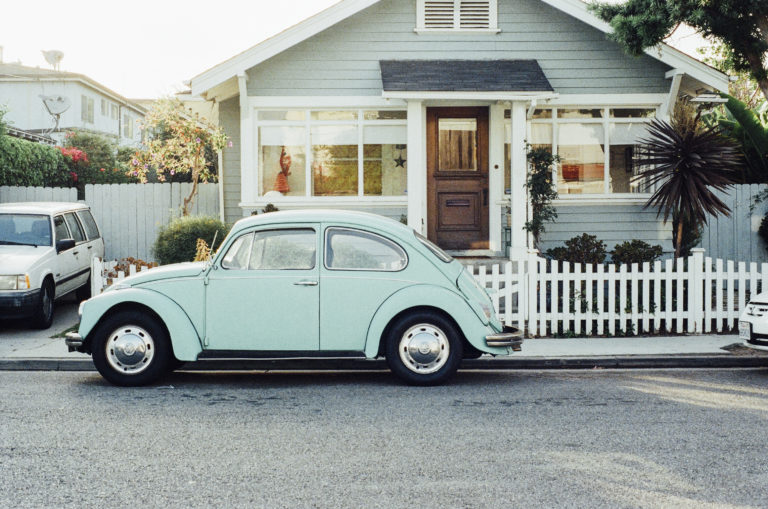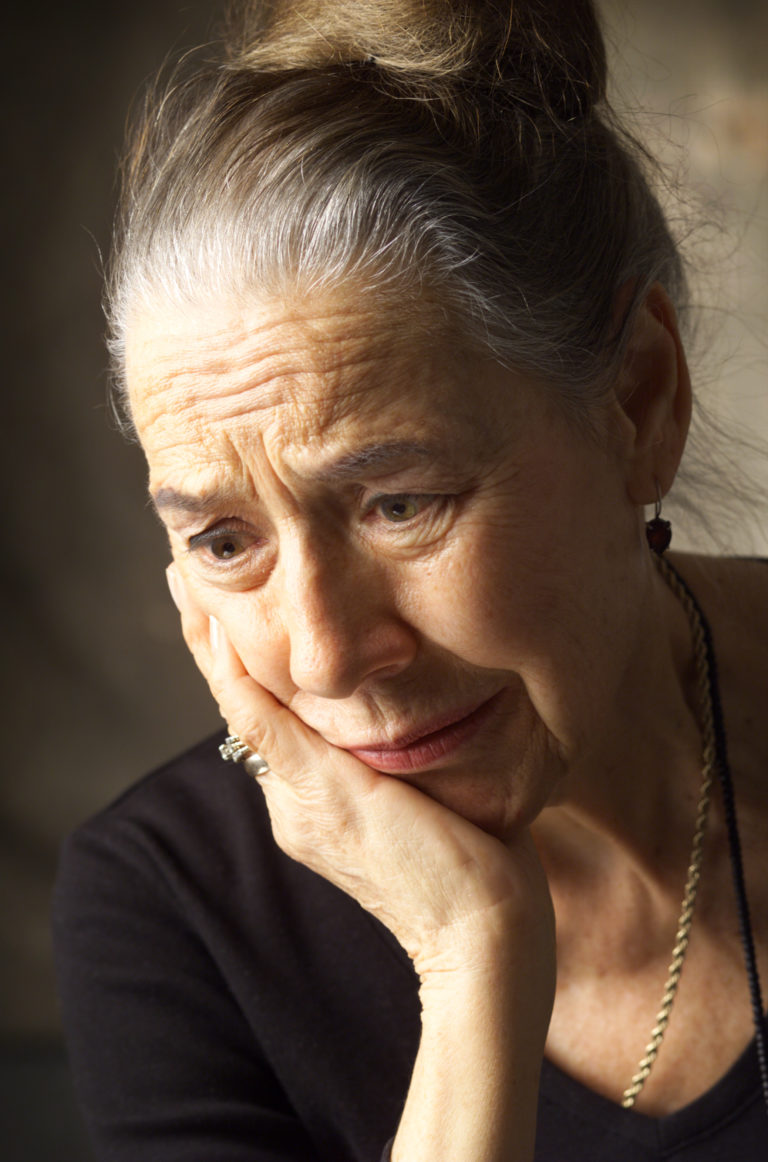
Is Hypothyroidism Linked to Dementia?
Seniors with hypothyroidism may have a higher risk of developing dementia, according to findings published in Neurology, the medical journal of the American Academy of Neurology.

Seniors with hypothyroidism may have a higher risk of developing dementia, according to findings published in Neurology, the medical journal of the American Academy of Neurology.

Many people like to travel for rest, relaxation and inspiration — but there may be significant cognitive benefits as well.

Diabetes can raise the risk of dementia more than four-fold, according to new research.

Recent studies have investigated preventative measures for dementia.

As awareness of dementia has grown, a startling fact has come to light: Nearly half of all older adults — 47% — die with a diagnosis of that condition on their medical record, according to research out of the University of Michigan and published in JAMA Health Forum.

More than 40 genes have been linked to Alzheimer’s disease for the first time, in a “landmark” study offering hope for better diagnosis and treatment.

In the wake of the coronavirus pandemic, many older adults are more socially isolated than ever—and thus more vulnerable to being financially victimized.

When Sunshine Retirement Living officials saw a significant drop in the use of antipsychotics in its memory care residents after piloting a “sensory spa” in one community, its mission became clear. The company expanded use of the spas throughout its portfolio.

In the wake of the coronavirus pandemic, many older adults are more socially isolated than ever — and thus more vulnerable to being financially victimized.

A better understanding of dementia will help you (or a loved one) get the right diagnosis and treatment.